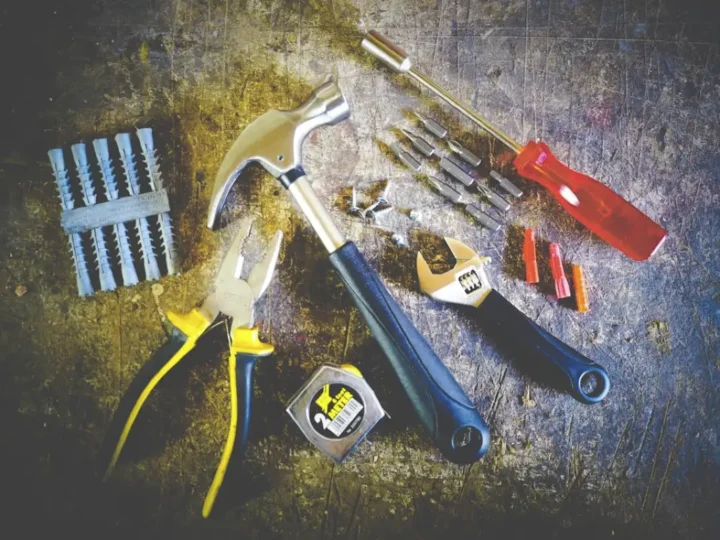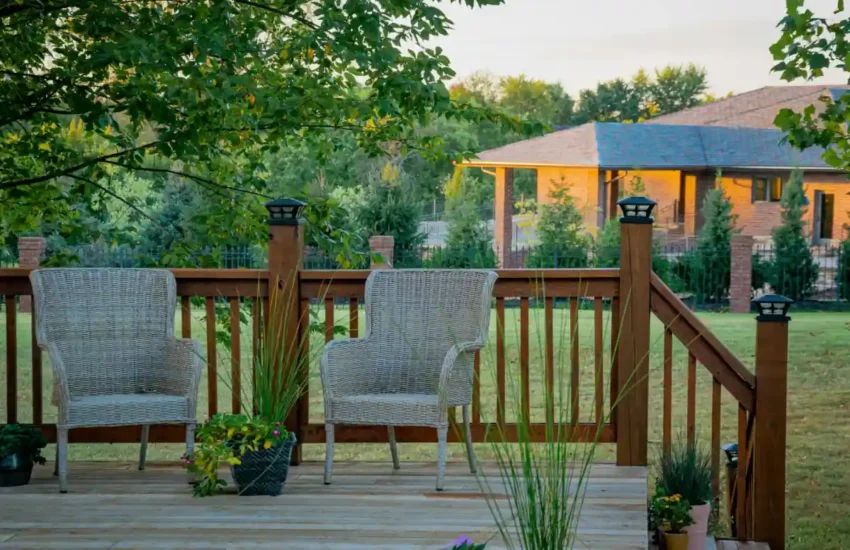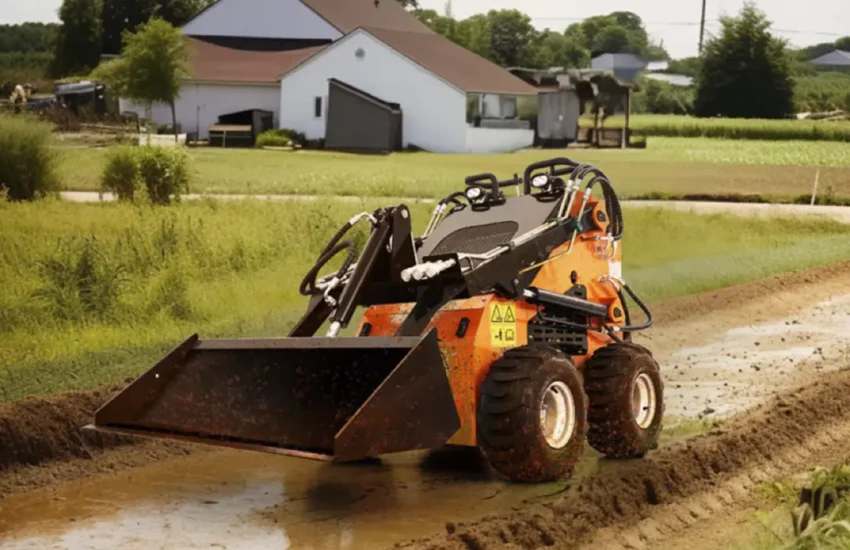Navigating Common Home Repair Emergencies with Ease
Every homeowner will eventually face their share of home repair emergencies. From sudden leaks to electrical faults, these situations demand immediate attention.
A swift and correct response can save not only time but also significant costs in the long run. By understanding and preparing for the most common home repair emergencies, one can mitigate disaster and keep the household in good repair.

Water Woes: Dealing with Leaks and Bursts
Water issues often top the list of home repair emergencies. Leaky pipes or, worse, burst pipes can lead to extensive damage. The first action is to turn off the water supply to prevent further flooding. Locate and close the main valve, usually found near the water meter or where the main water line enters the home.
Once the immediate threat is contained, address the source of the leak. Sometimes, a temporary patch or clamp can alleviate the problem until professional help arrives. Regular checks and maintenance of plumbing systems can preempt many of these incidents, highlighting loose connections or worn-out pipes before they become a problem. Cold weather precautions, such as insulating exposed pipes, can also reduce the likelihood of freezing and bursting during winter months.
It’s worth noting that keeping a basic toolkit handy can be a lifesaver during such emergencies. Items like adjustable wrenches, pipe repair tape, and a flashlight should be standard in every household.
Teaching family members how to use these tools and where the main valve is located can empower them to take swift action in the homeowner’s absence. Creating a written emergency checklist and placing it in an accessible location ensures steps aren’t missed in a high-stress situation.
In addition to having tools on hand, having a trusted plumber’s contact details readily available can save time during a crisis. It’s helpful to develop a relationship with a reliable professional who can offer advice or emergency services when time is of the essence.
Proactive homeowner associations often hold educational workshops on plumbing basics, equipping residents with the knowledge to manage minor repairs and avoid panic when problems arise. Even basic familiarity with pipe layouts and shut-off valve locations can make a critical difference during an emergency.
Heating Hiccups: Furnace Failures
A home’s heating system quitting in the dead of winter is disconcerting. Understanding basic troubleshooting can alleviate the chill while waiting for repairs. First, check the thermostat settings and ensure fuel supplies like gas or oil are uninterrupted.
Adjust settings or reset the thermostat if necessary. Clean or replace filters to improve airflow and function. Routine inspection and proper maintenance of heating systems can greatly reduce the chance of such misfires.
A home’s air conditioning system also requires attention to prevent unexpected breakdowns, especially in warmer months. AC maintenance help can be beneficial, offering thorough inspections to ensure systems run effectively when they are needed the most.
Investing in a carbon monoxide detector is a wise decision, as malfunctioning furnaces can sometimes emit this dangerous gas. Ensuring good ventilation and keeping vents unblocked by furniture or drapes enhances the heating system’s overall performance.
Periodic checks and professional servicing of heating units can prevent unexpected shutdowns, preserving home comfort during the colder months. Regularly inspecting vent connections to secure them properly can also prevent potential hazards. Armed with the knowledge of common furnace signals indicating trouble, homeowners can take preventive measures before facing a complete system failure.
Roof Rancors: Handling Storm Damage
The capstone of one’s home is vulnerable to weather extremes. Fierce winds or heavy hail can yank shingles off roofs or send debris flying through windows. Post-storm inspections should be conducted promptly to identify and address any visible damage.
Cover any leaks or gaps with a tarp to prevent water ingress until professional repairs can be conducted. Regularly cleaning gutters and trimming overhanging branches can shield against many forms of roof damage.
Insurance policies generally cover storm damage, but understanding the specifics of one’s policy can save heartache later. Taking regular photos of the roof and exterior can serve as documentation if a claim becomes necessary, providing a clear before-and-after comparison.
Additionally, investing in quality roofing materials that can withstand local climate challenges can be a prudent precaution. For communities prone to heavy winds, impact-resistant shingles and reinforced roofing systems provide an added layer of security. By keeping abreast of local weather forecasts, homeowners can take necessary precautions, such as securing outdoor furniture, to minimize potential risks.
Electrical Emergencies: Sparks and Shorts
Electrical issues can strike without warning and pose significant risks due to potential fires and electrocution. Flickering lights, burning smells, or sparks from outlets require urgent attention.
First, switch off the electricity at the circuit breaker to eliminate danger. Once it’s safe, assess the issue. Often, faulty wires or overloaded circuits are to blame. Calling in an experienced electrician is prudent. Investigation of outdated wiring and ensuring circuit breakers match the home’s electrical load can avert future hazards. Homes with older electrical systems may be especially prone to such issues, as aging components degrade over time and fail under modern usage demands.
Adding surge protectors can shield valuable appliances and electronic devices from unexpected power surges. It’s always good practice to ensure that high-wattage appliances are not plugged into the same outlet simultaneously, reducing the risk of overloading circuits. Avoid using extension cords as permanent solutions, particularly with large appliances, since they can increase fire risk.
Regular inspections by certified electricians can detect and address underlying problems before they escalate. Simple steps like ensuring outlets are not unusually warm and checking for consistently tripped breakers can help homeowners identify potential faults early. Furthermore, ensuring all household members can safely reset breakers is beneficial and can prevent unnecessary stress during unexpected outages.
Moving Forward
Home repair emergencies require a calm head and prompt action. Acting too fast and without the proper knowledge can cause a distaster. Mastering the basics of each common issue and performing regular maintenance can keep homes comfortable and prevent expensive repair bills. Knowledge is a homeowner’s asset against unexpected calamities.


